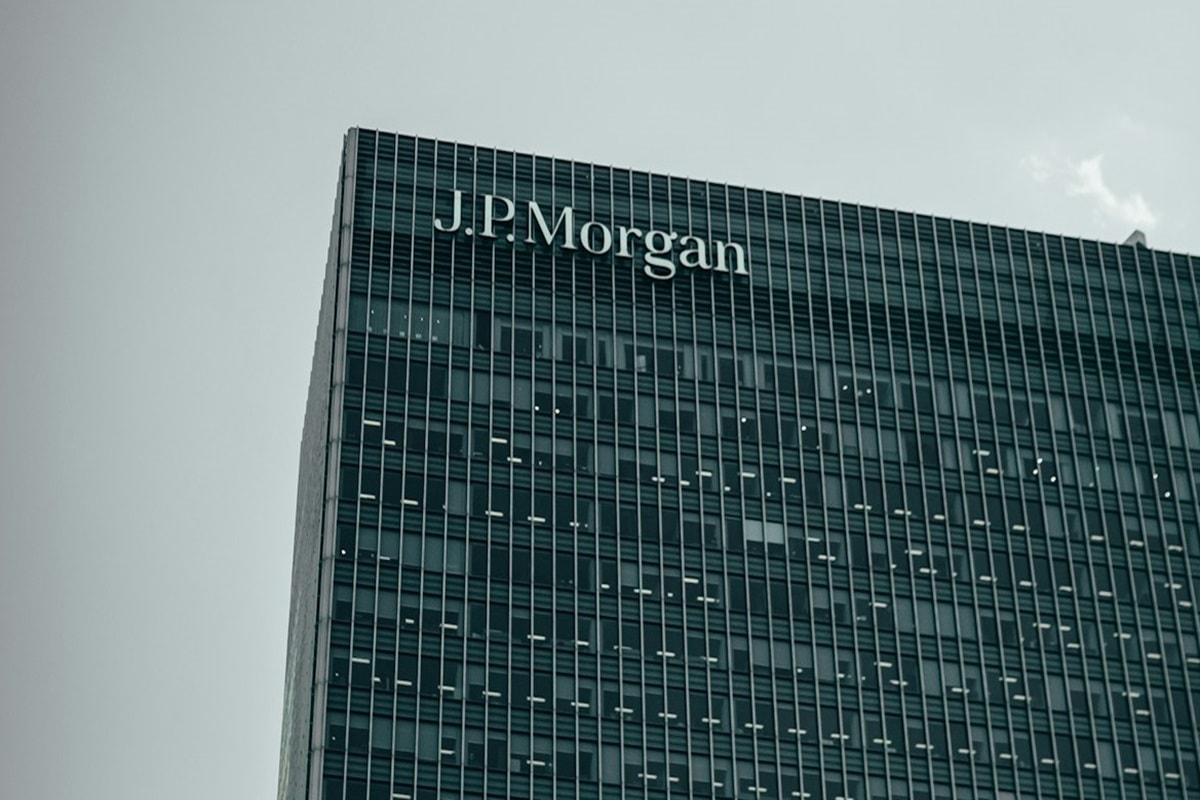JPMorgan Chase chief executive officer Jamie Dimon said last Tuesday, October 8, during a conversation with media representatives that in the United States and the United Kingdom, local regulators made it difficult for companies to go public.

The head of the largest financial institution in the US banking sector noted that the tendency of rising expenses associated with litigation and regulatory filings caused the number of initial public offerings (IPOs) of shares to decrease. Jamie Dimon also underlined that the corresponding state of affairs is observed at a time when public market valuations have increased.
During a conversation with media representatives, the head of the largest bank in the United States said that, in his opinion, it would be incumbent to make it easier and cheaper to go public. Jamie Dimon also noted that it is necessary to figure out how to do this.
Separately, during a conversation with media representatives, the head of JPMorgan Chase drew attention to the issue of bank mergers. In the relevant context, he stated that, in his opinion, it is necessary to allow more medium-sized financial institutions to make deals in this category. Jamie Dimon also noted that the United States government should not get involved in every little bank deal.
Moreover, during a conversation with media representatives, the head of the largest US financial institution said that inflationary factors remain in force. In this context, he separately noted that the Federal Reserve System made the right decision by starting to ease monetary policy last month. Jamie Dimon stated that the current state of affairs in the space of geopolitical relations is a serious problem. Probably, in this case, it implies a consistent deterioration of the situation in the area of global interaction between countries. For example, the relationship between Beijing and Washington is currently on a downward trajectory.
Separately, during a conversation with reporters, Jamie Dimon said that the budget deficit of the United States is inflationary. According to him, with the corresponding state of affairs, it is necessary to deal with.
It is worth mentioning that in September after the central bank of the United States decided to cut interest rates by a one-half percentage point, Jamie Dimon said that he doubted that the US economic system would see the implementation of a soft landing scenario. During the Atlantic Festival, the head of JPMorgan Chase noted that he is a little more skeptical than other people about the mentioned prospects. In August, Mr. Dimon estimated the probability that a soft landing scenario would be implemented in the space of the US economic system, in the range from 35% to 45%.
Separately, it is worth noting that for more than a year Jamie Dimon has periodically stated that inflation in the United States can remain sticky. According to him, the corresponding probability is associated with several factors, the main ones being deficit spending and the remilitarization of the world.
In April, Mr. Dimon detailed his concerns about the impact of inflation. In this context, he stated that persistent inflationary pressures and other factors such as wars, geopolitical tensions, and quantitative tightening will be unpredictable, even though many economic indicators remain favorable. In his comments contained in JPMorgan Chase’s earnings report published in April, it was noted that the US has never truly experienced the full effect of quantitative tightening on this scale. He stated that it was unknown how would the mentioned factors play, but it is necessary to prepare the bank for a wide range of political environments.
As we have reported earlier, JPMorgan Chase CEO Forecasts Problems in Private Credit Market.









